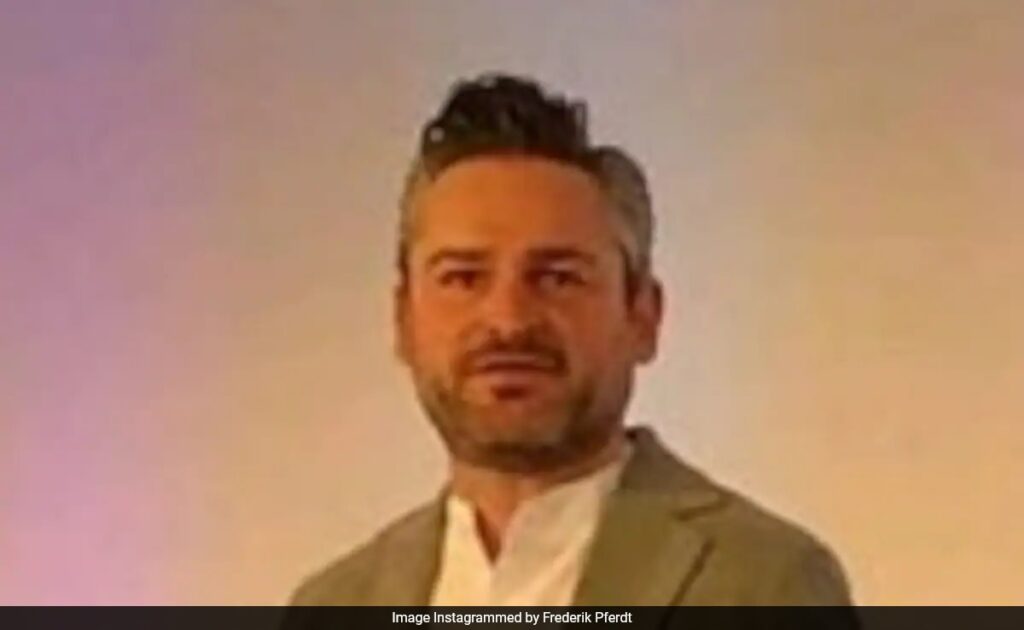Frederick Felt spent 12 years at Google and served as the company’s first chief innovation evangelist for California. Before retiring in 2024, Felt built the tech giant’s innovation lab and co-founded Google Garage, an initiative that inspires thousands of employees to explore new ideas.
Reflecting on his years at CNBC Make It, Pferdt explained how it changed the way he approaches work, his daily routine and contributed to developing an innovative culture within the company.
In his recent book, “What’s Next Is Now: How to Live Future Ready,” Felt offers three key lessons to help everyone, not just tech workers, “live more meaningful lives.”
Embrace a “yes, and” mindset: People often have a pessimistic outlook and tend to focus on why something can go wrong. [speaker’s name]He explains, “We spend most of our time rejecting ideas with ‘no, but,’ right? He suggests changing your mindset and adopting a more positive ‘yes, and’ approach. Inspired by improvisational theater, this approach can significantly improve communication and team dynamics. Instead of rejecting ideas, ‘yes, and’ encourages you to build on them, promoting creativity and collaboration. Visualize your future self – Pferdt, who spent 10 years as an adjunct professor of design thinking at Stanford University, said Google’s leadership encourages people to envision an ideal, successful version of themselves and plan actionable steps to realize that vision. “Try to really visualize what you want to be in the future,” he told CNBC Make It. “That’s very powerful, because it really helps you understand where you actually want to go and influences your choices in the moment.” Spend time with yourself – Google has consistently encouraged meditation among its employees and offered mindfulness courses. Feldt emphasized that daily meditation helps them stay open to new ideas and avoid negative thoughts.
“It’s important to take some time to check in with yourself every now and then,” he added. “If we don’t, we’re on autopilot and reacting instead of reacting to ourselves. Our reactions are usually negative, closed-minded, unempathetic and full of hate.” [and] Detaching from these is only possible through mindful practice.”
Today’s Featured Video
Chants of ‘Modi, Modi’ and handshakes: How Indians greeted the Chancellor in Austria



